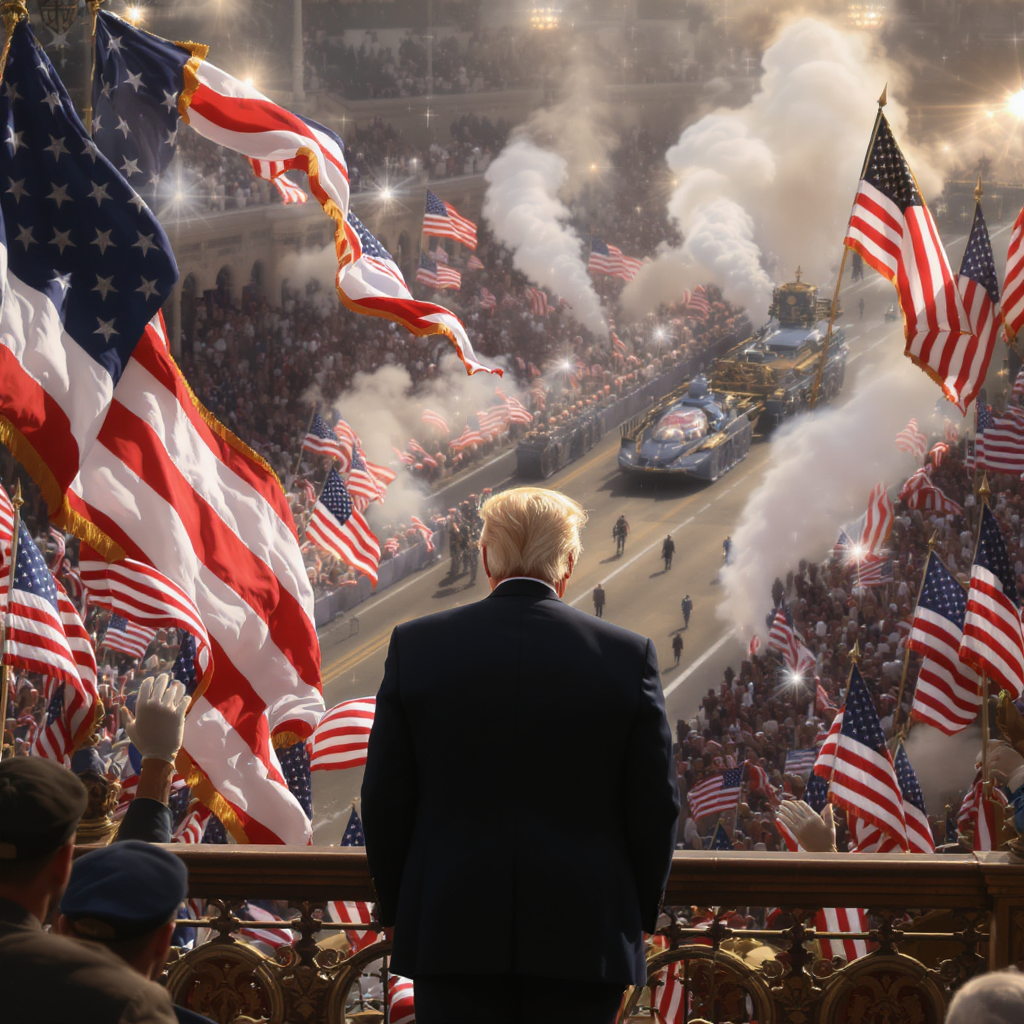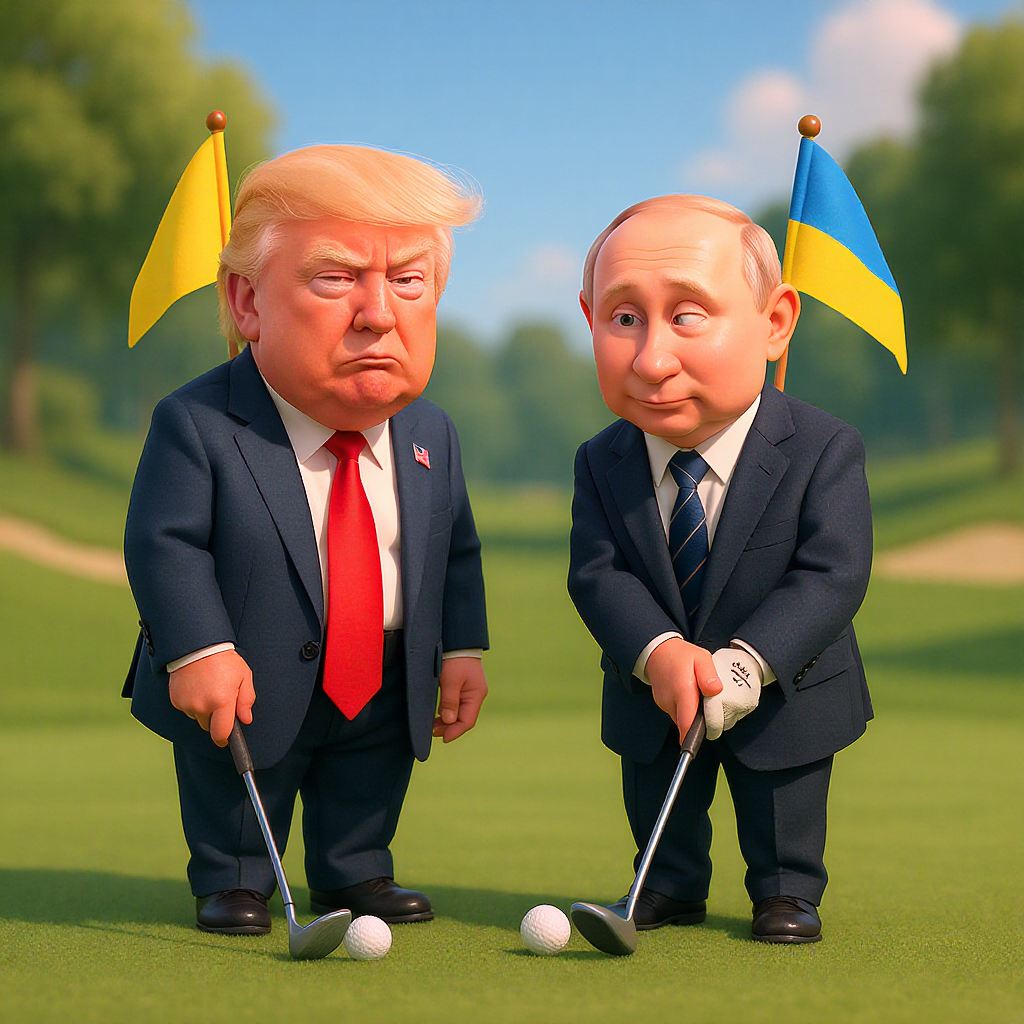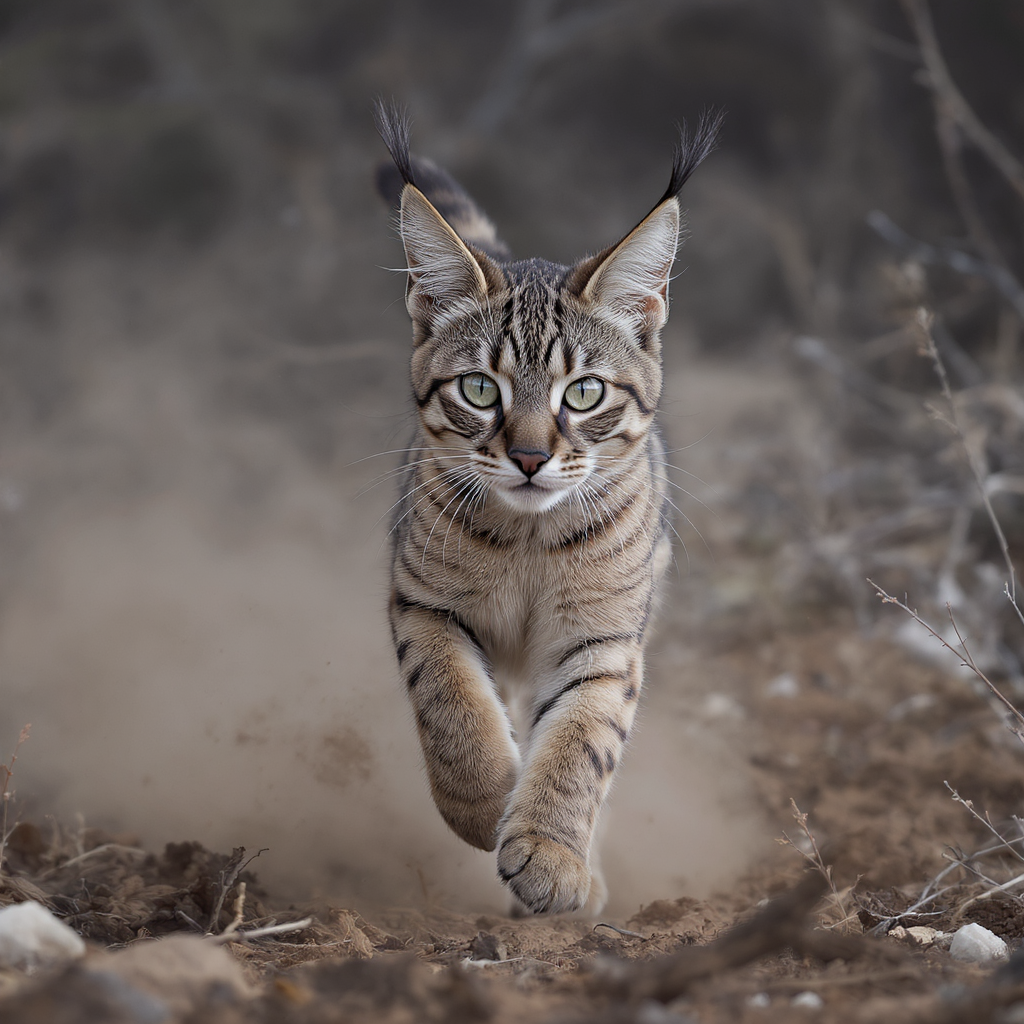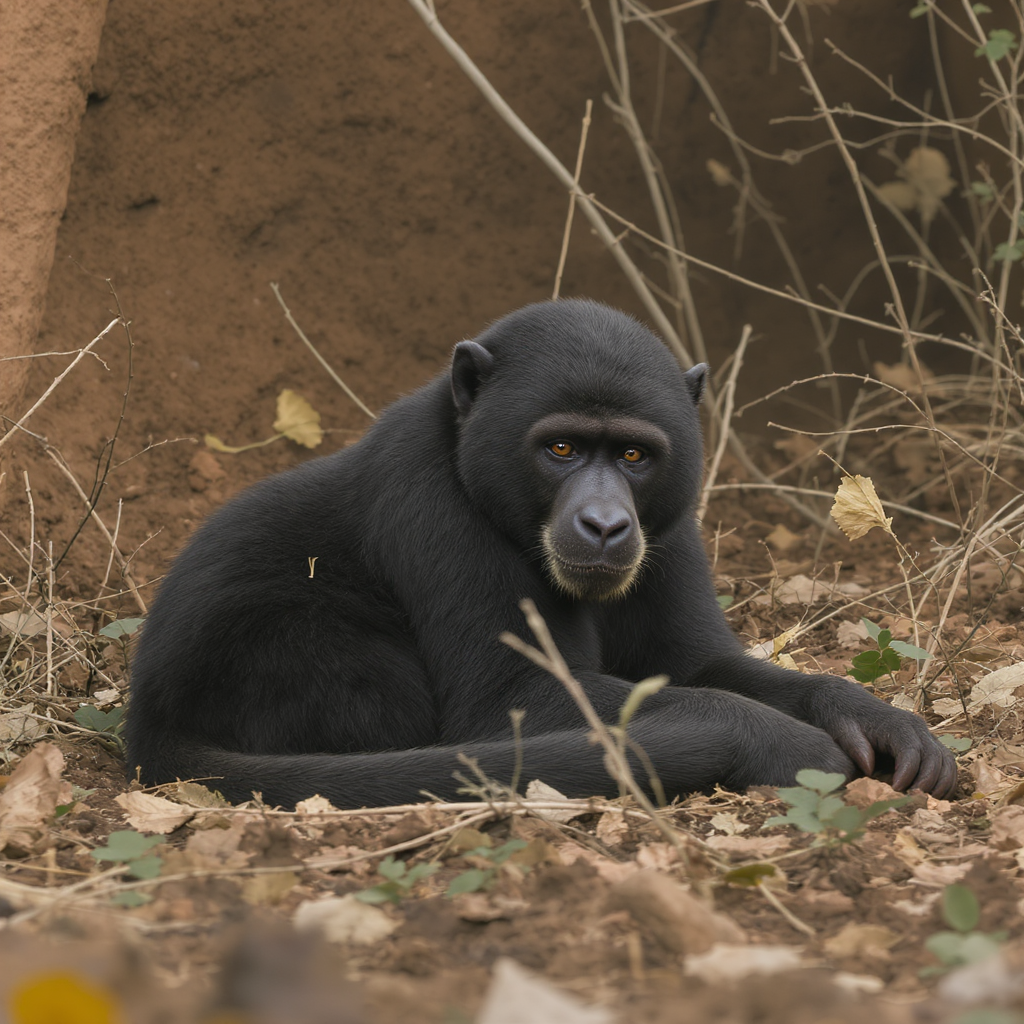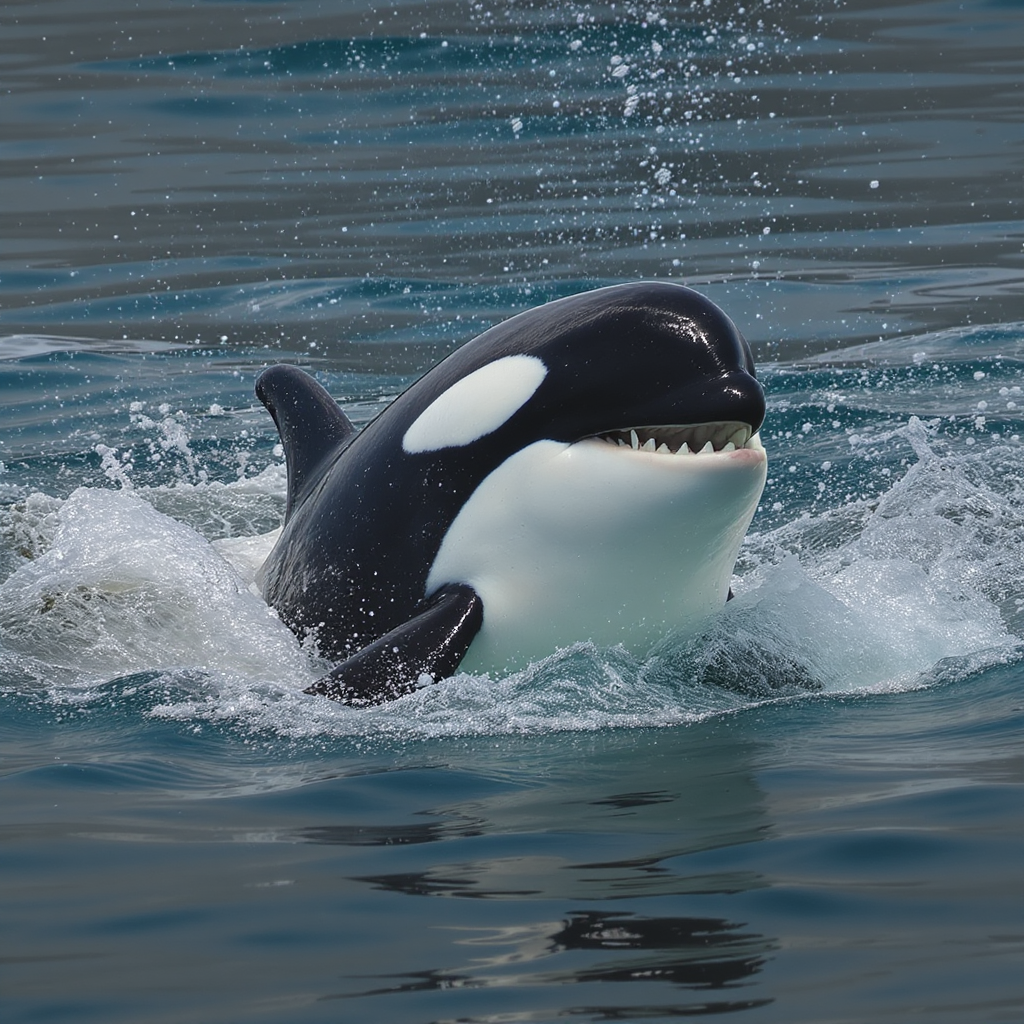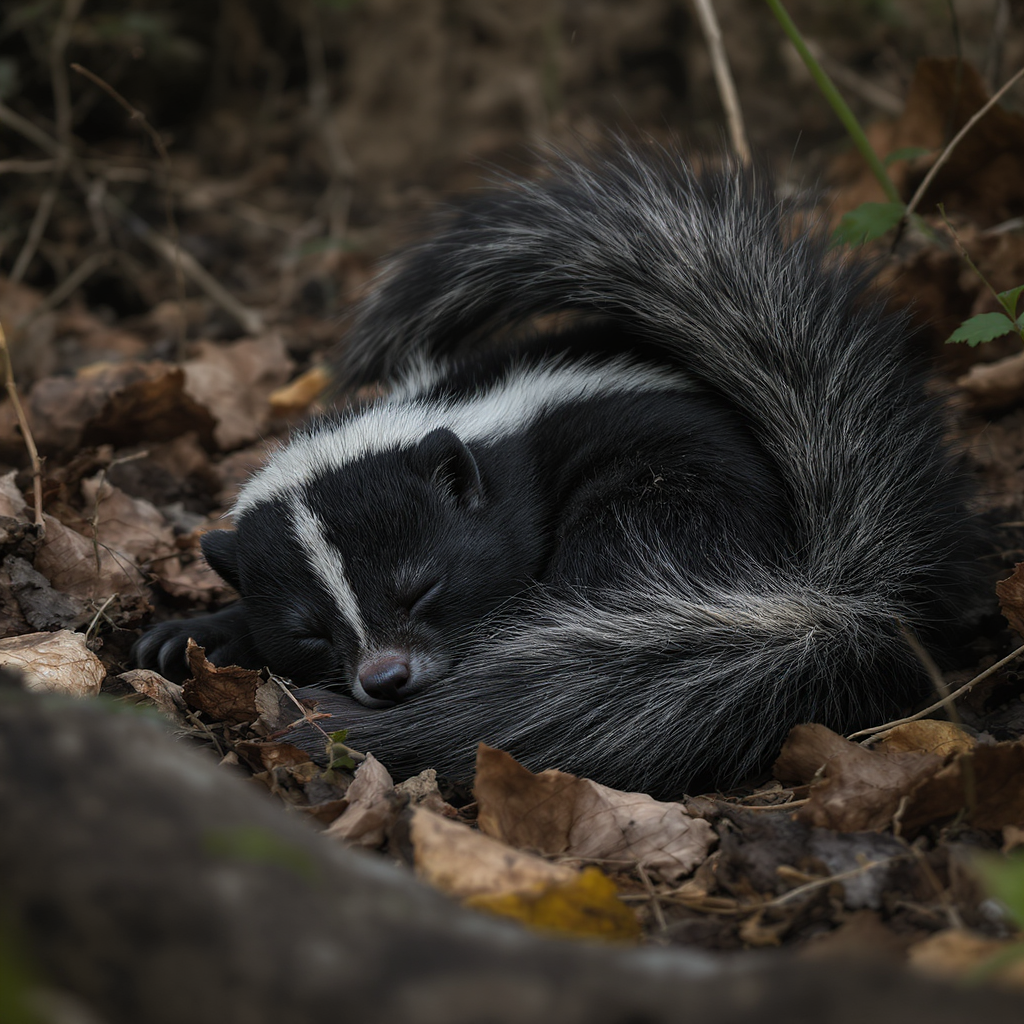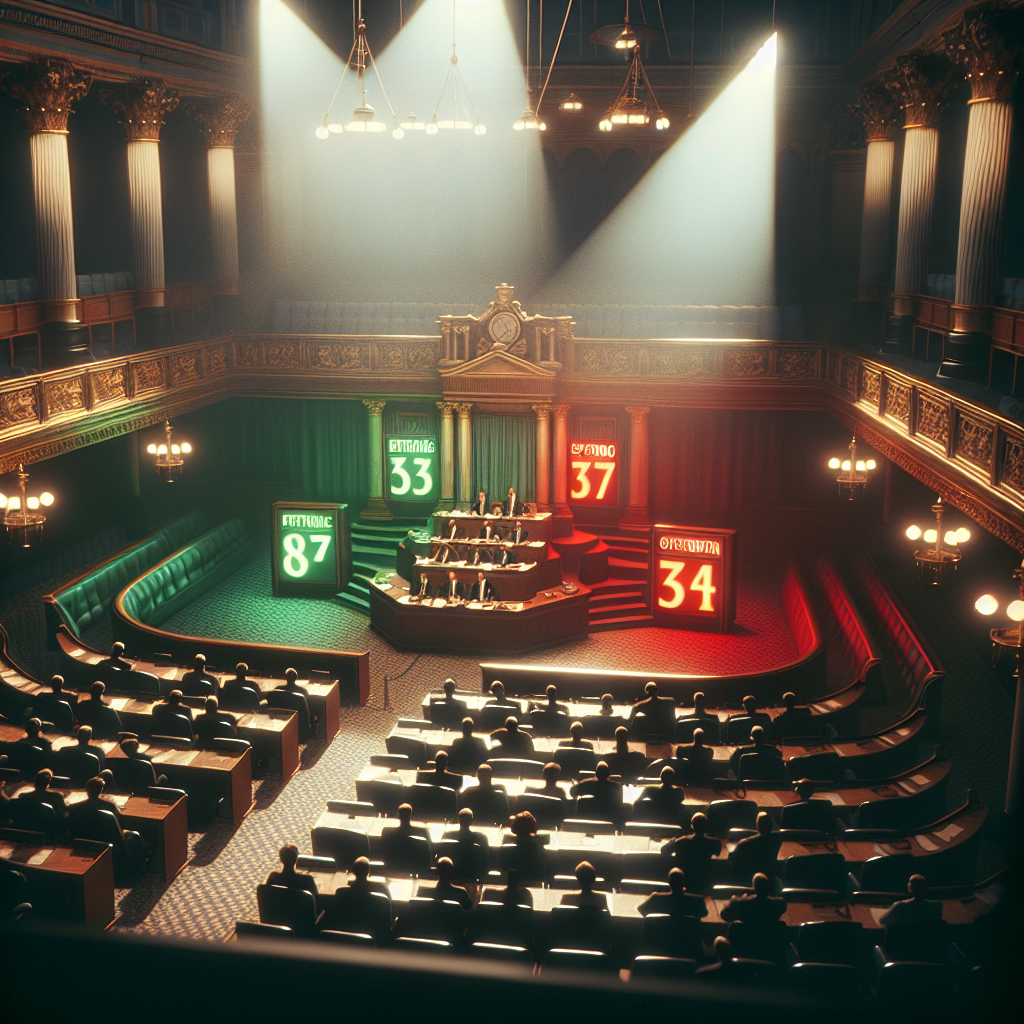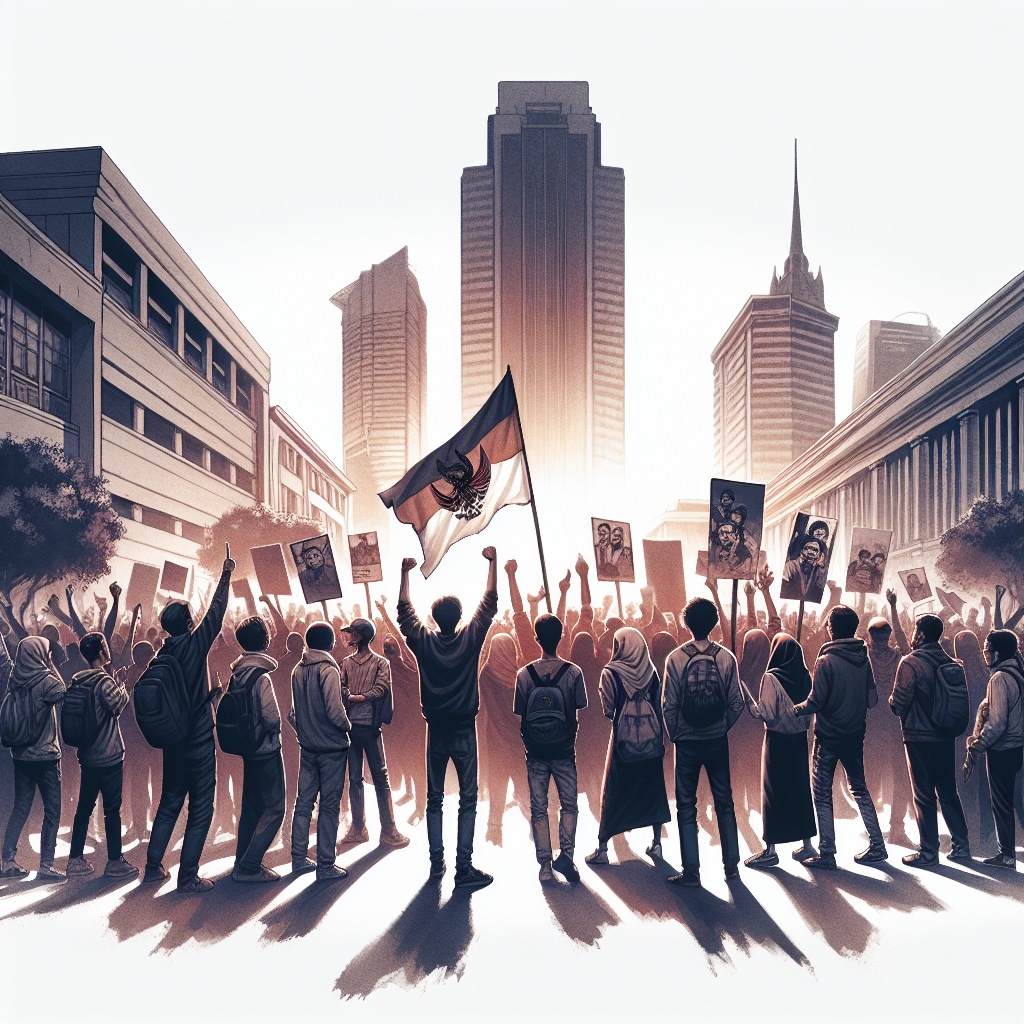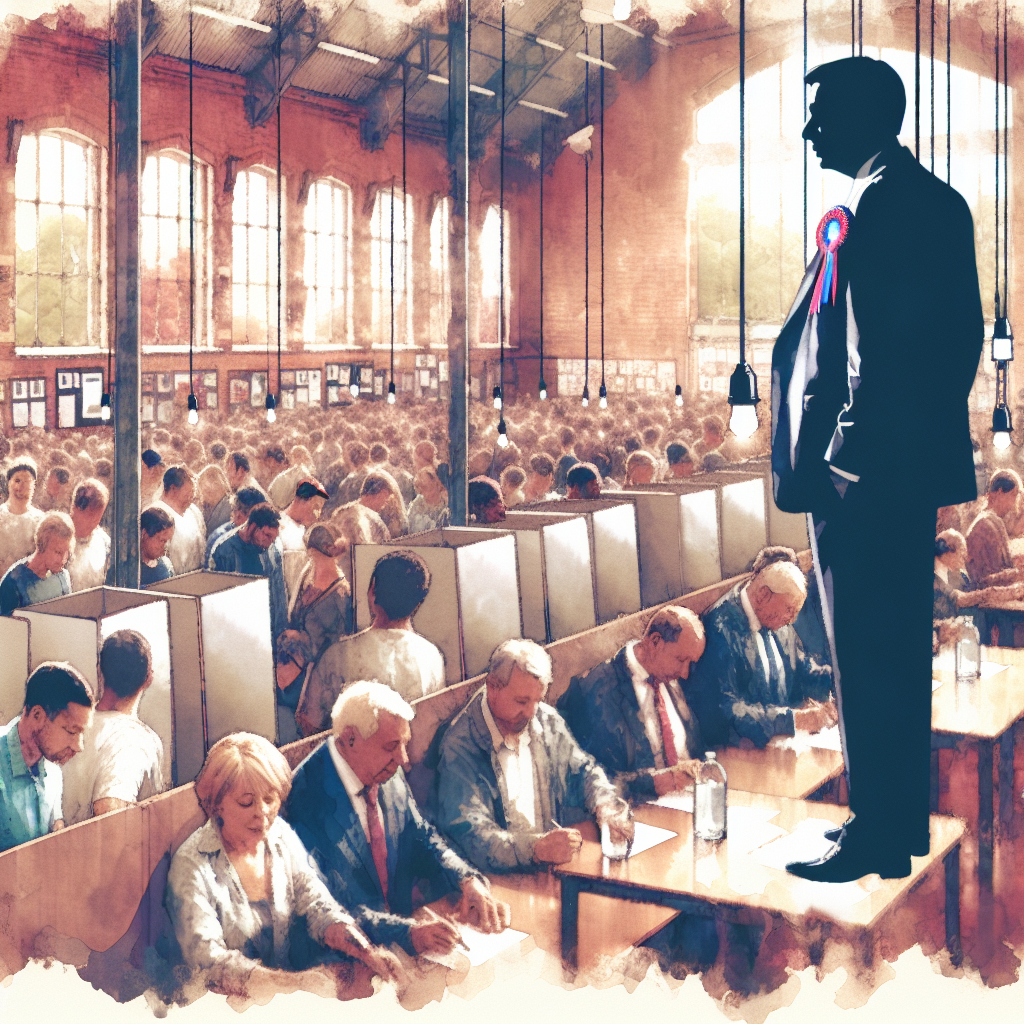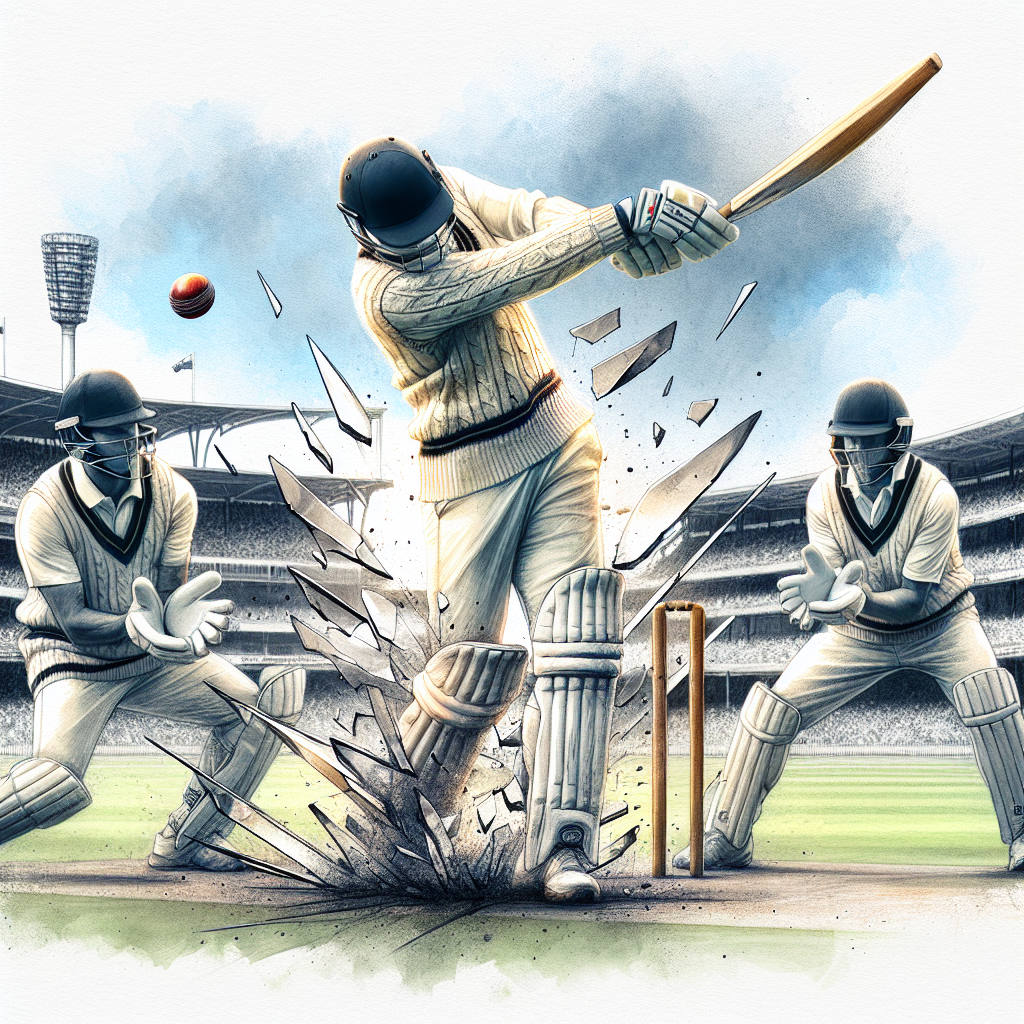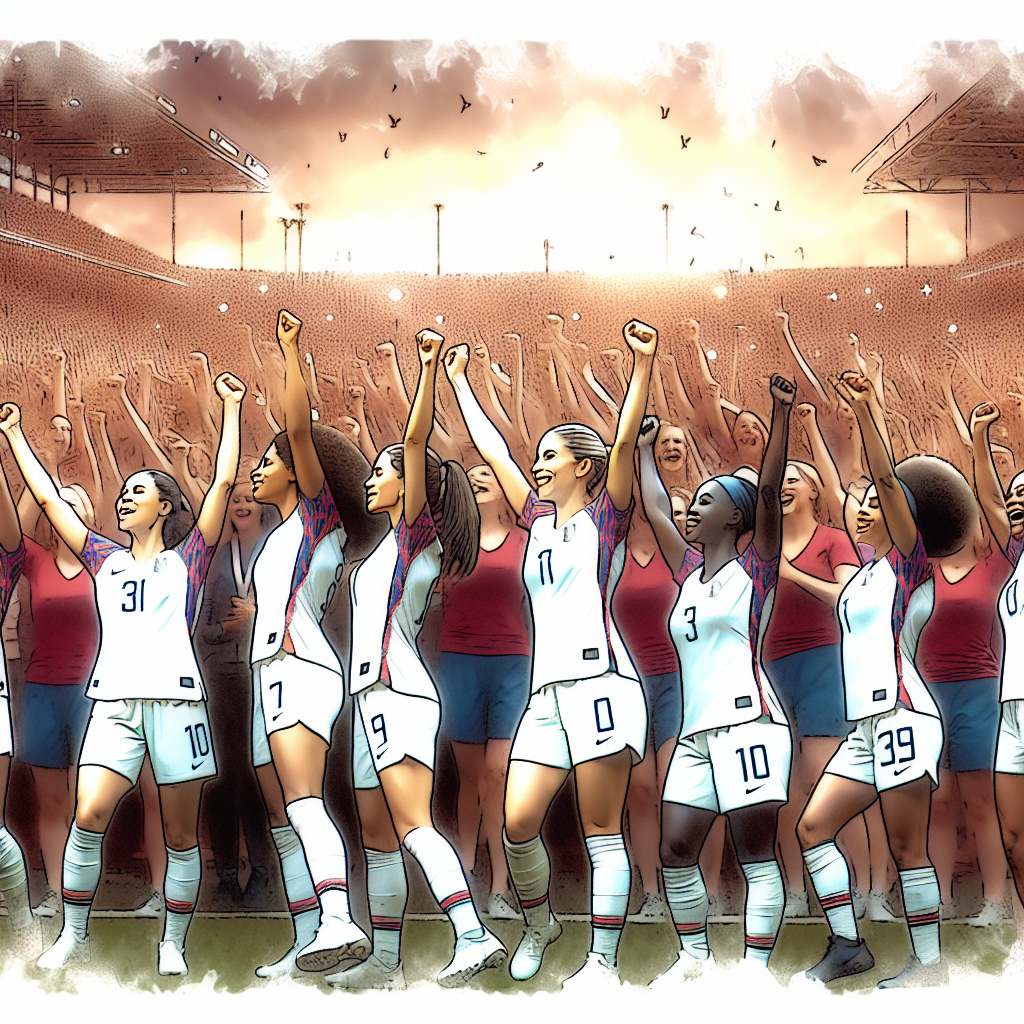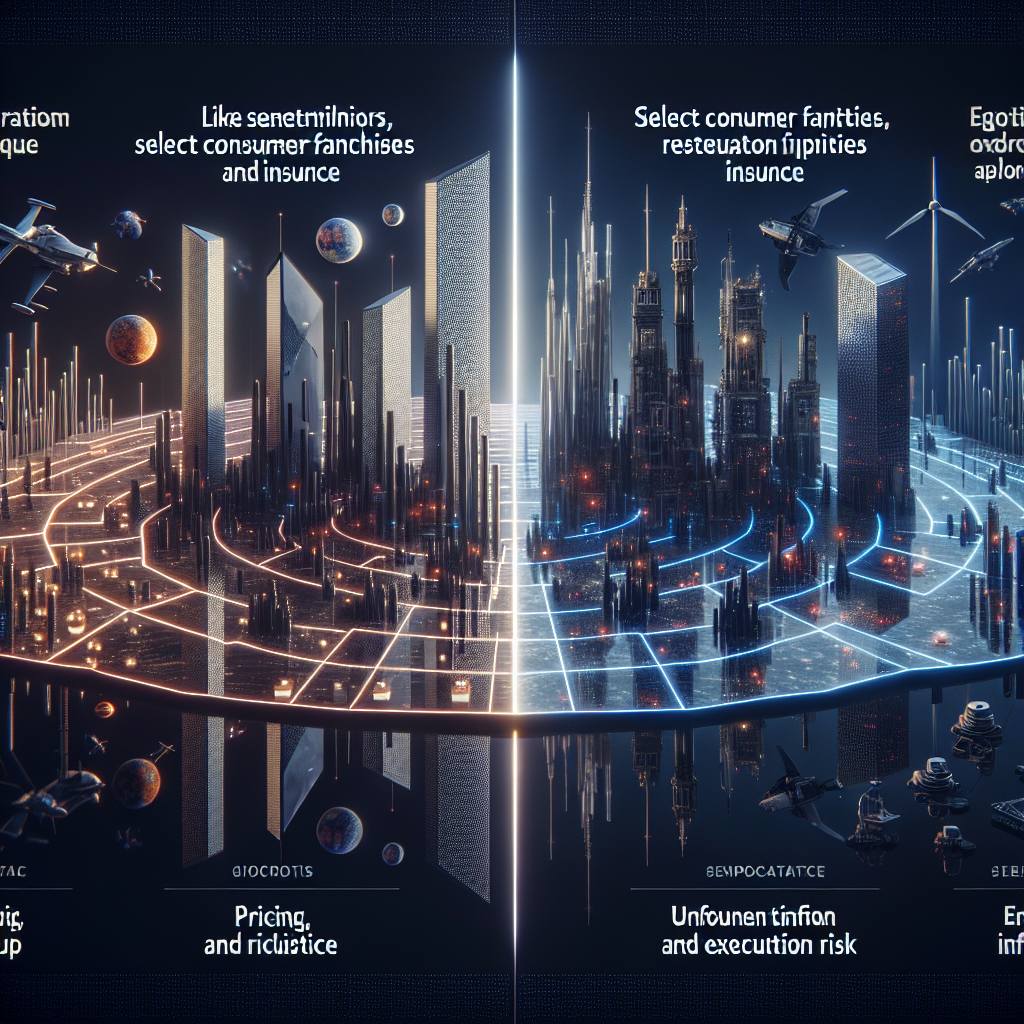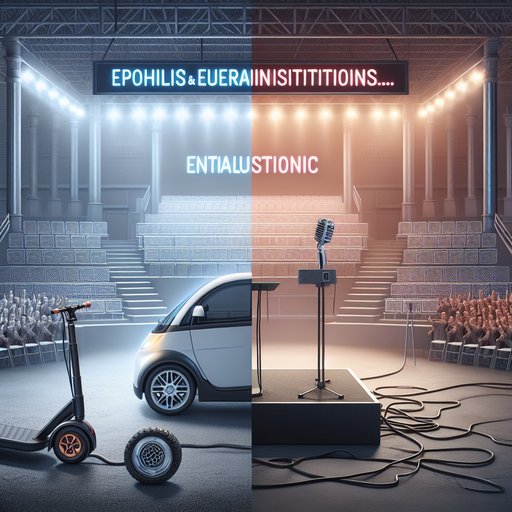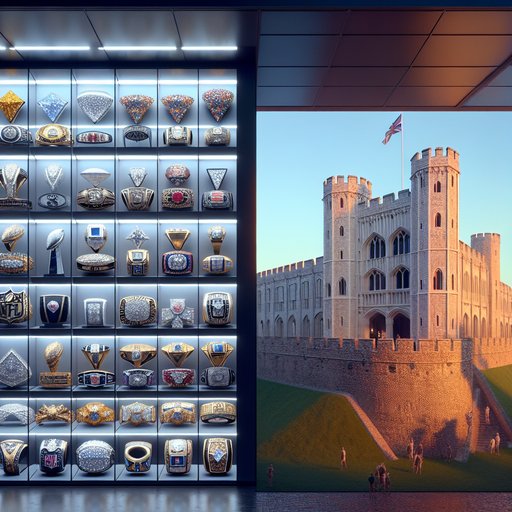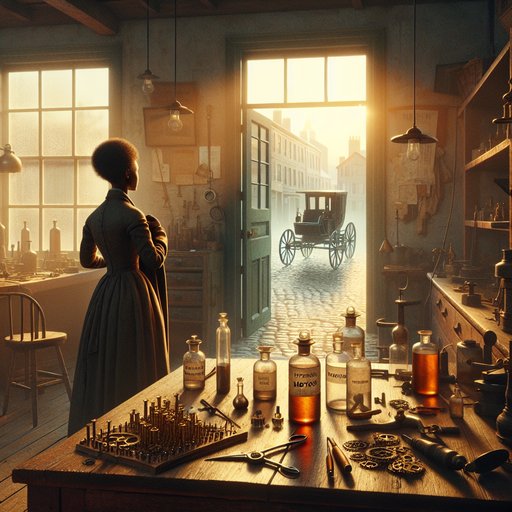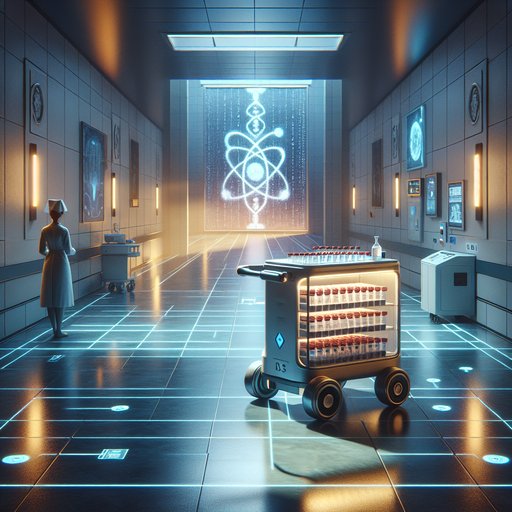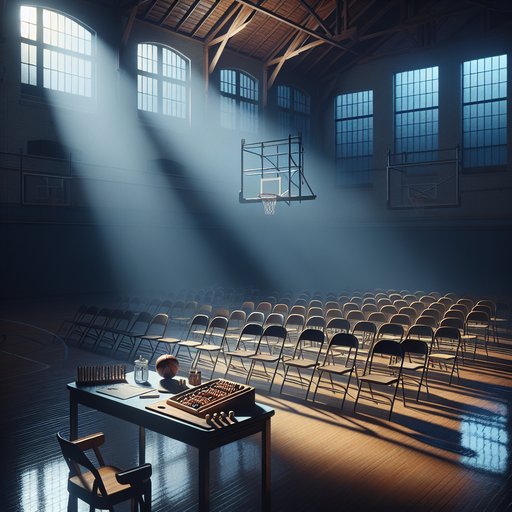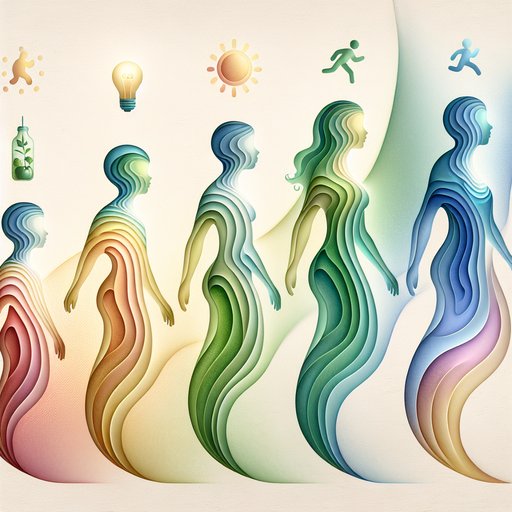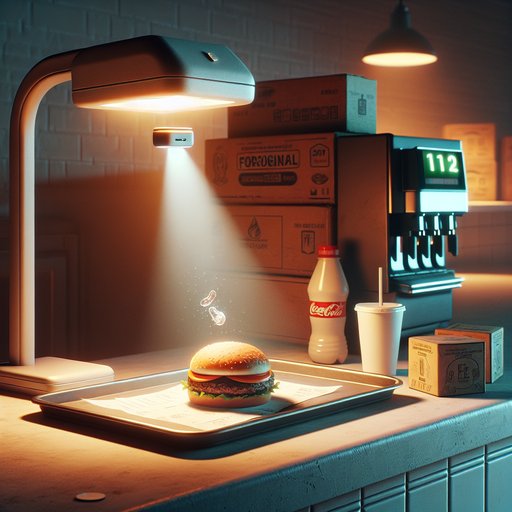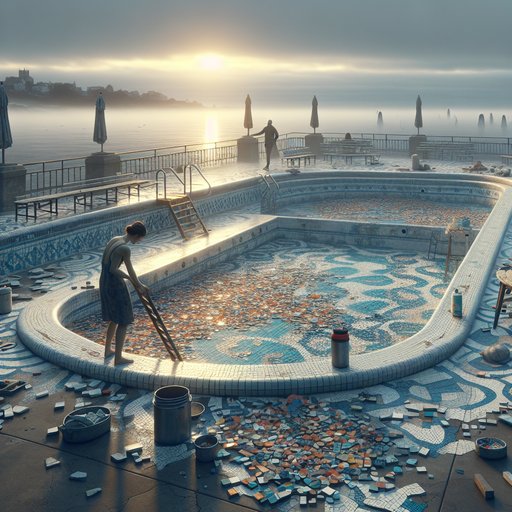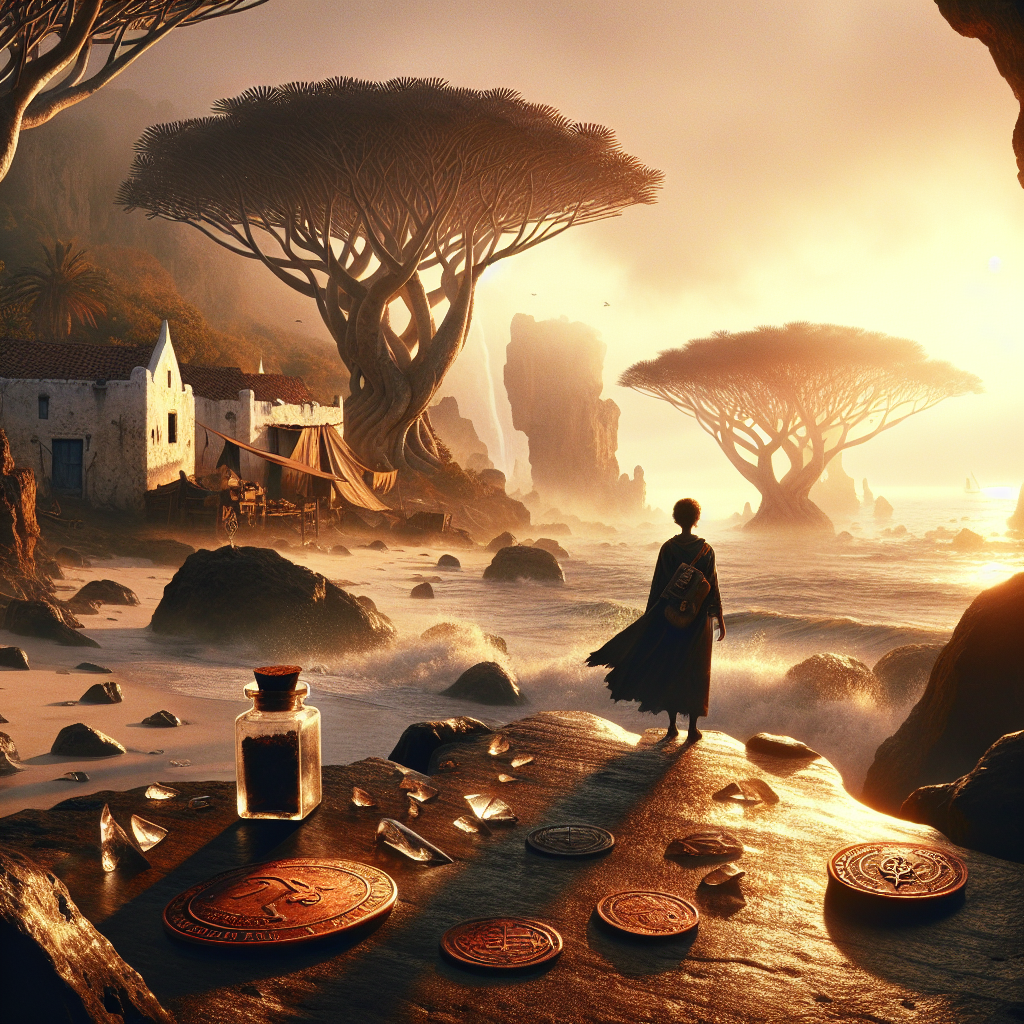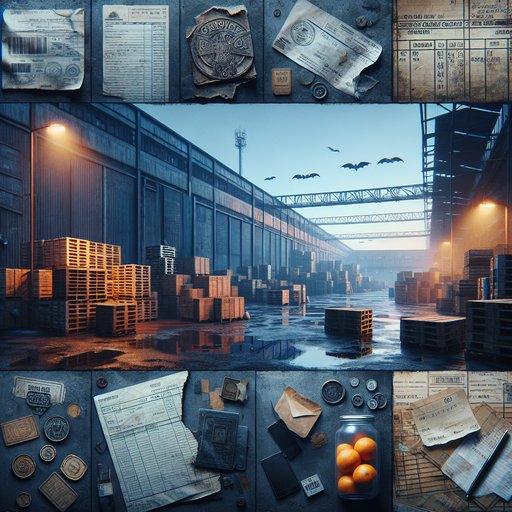
Juan slips home from the Albufera standoff before dawn, shaken but alive, clutching a damp receipt marked Token 7B and Almacén 14-1. He forgoes his calming run and instead follows the clue to the city’s outskirts, navigating industrial estates and abandoned citrus warehouses. In a cavernous depot reeking of orange oil, he discovers pallets of boxed “donations,” a jar of bat-emblem tokens, a supposed shipping manifest linked to Beltrán logistics, and even a cracked phone that looks like Blanca’s—until he realizes all of it is staged misdirection, sloppily new and brought there overnight by men associated with the private maritime club and protected by Conseller Vives’s influence. He photographs faces, measures dust shadows, and feels his brother’s ghost steady his resolve as he understands the scale of the trap. Returning to his portside office, he wipes his board and starts from first principles. Then a ledger folio torn from the “Libro de Donativos” arrives by courier, naming Blanca and Token 7B, and a chilling call warns he is looking in the wrong place, leaving Juan with a single, frightening question about where the real trail begins.
Dawn seeped gray over Valencia when Juan killed the Moto Guzzi’s engine and coasted the last meters to his building, the night’s reeds and gunmetal water still in his lungs. His hands shook as he slid the brass Saint Michael from his pocket and pressed it to his sternum, feeling the cool edge ground him as the hallway’s faint mildew smell rose. The ritual run along the Turia could have bled the fear from his muscles, but he hadn’t slept, and the receipt he’d pried from a mooring cleat crinkled in his fist like a tiny, impatient heart. Token 7B.
Almacén 14-1. The letters had bled, salt and damp in the fibers, a breadcrumb laid in shadow by someone who wanted him to follow. He tugged on a sand-colored linen suit and a narrow navy tie, the closet’s order a small defiance against the chaos pressing in from the city. In the mirror, his short-cropped hair, flecked with gray, made him look older than forty-two, though his shoulders still carried a runner’s economy.
Thoughtful brown eyes met themselves, a whisper of his mother’s face flickering in the glass, then his brother’s, all pupils and questions. In the borrowed portside office he’d adopted as a fallback, the antique maps of Valencia murmured with routes he knew by smell and footfall. He traced a finger along the old road to Albuixech and the logistics sprawl clinging to the bypass like barnacles and decided: outskirts now, talk later. The Moto Guzzi hummed as he took the V-21 out past the last apartments and the lurching cranes, a pale wash lighting the strawberry-colored silos like old bruises.
Orange groves gave way to rectilinear concrete, polygons named for saints and street numbers, the industrial estates of Rafelbunyol and Albuixech baked flat by an indifferent sun. Almacén 14-1 could be a bay, a dock, a warehouse cell; in the catalogs of these zones, numbers were their own weather. He slowed by a rusted gate where faded stenciling ghosted a wall—MUELLE 14—someone’s idea of camouflage. Beyond, rows of roller doors yawned like missing teeth, and the faint perfume of orange oil ghosted the air as if a hand had just swept through with a sprayer.
The gate chain was new and badly crimped; his father would have laughed at the job. Juan popped it with a pry bar borrowed from a mechanic whose dog watched silently from under a van, and stepped into the cool of the hangar. His Oxfords clicked on poured concrete, the sound swallowed by the warehouse’s ribbed belly, and the squeak he knew from marble corridors bent into a softer complaint. The smell resolved into layers—orange oil masking diesel, salt on damp pallets, the vegetal scratch of esparto.
A camera on the corner hung useless, lens capped with black tape, and behind a plastic strip curtain lay a forest of shrink-wrapped generosity that felt like theater. Pallets towered, boxes stamped with the kindly motto of a Fundación Mare Nostrum—blankets, laptops, medical supplies destined for unnamed outreach. On a folding table sat a jam jar of bronze-and-enamel tokens, Valencia’s bat glinting from deep blue enamel, arranged like coins at a village fair. He brushed dust along a carton edge with his thumb; the clean rectangle beneath sketched the absent place of a label affixed within the last twelve hours.
He slit one box and found it stuffed with old telephone directories and a layer of new sterile bandages on top, the insult cut with orange oil so strong his eyes watered. On the wall, a laminated sheet listed “Donaciones—Almacén 14-1,” and he wondered if the marker in his hand was already writing his hours off the calendar. A cracked phone lay in a shallow plastic tub like an offering, sea-salted and dull. His breath snagged—Blanca’s missing mobile conjured her face under La Lonja’s vaults—but when he thumbed the power, the battery icon pulsed with a vigor at odds with its scars.
The SIM was new, a prepaid number blinking one contact, “V.”, and an empty call log that felt staged, a play where the audience could see the ropes. Even the background photo—generic beach—misfired, the horizon skewed. He held the device to his lip, tasted orange from his glove, and understood: none of this wanted him to know anything except that someone was charitable, and that Juan Ovieda could be led. He forced himself methodical, tilting toward small things, the things that never learned to lie.
Forklift tracks overlapped in tight crescents that still held moisture; the drizzle last night would have filmed the floor if they’d been older. Dust shadows showed pallets moved near dawn. A manifest, conveniently abandoned on a pallet, listed Beltrán y Rojas as origin for three shipments, but the address block was a loop, a maze of P.O. boxes that fed back into the port authority without ever landing on a loading bay.
He closed his eyes and felt the old rage against cheats risen again, the memory of his brother’s slack jaw on a hospital pillow, and let the Saint Michael cool his palm until his pulse came back to him. Voices hushed from the loading dock. Juan slid behind a mountain of blankets, slow breath, knees soft, the little crackle of plastic loud as hail in his ear. Two men in work vests rolled in a dolly, their boots leaving tracks in fresh dust, their words the lazy cruelty of men who think they are watching a puppet show—“El inspector perderá el día aquí,” one said, and the other laughed, “Vives quiere que se acostumbre.” In their pockets, bat tokens chimed, the enamel catching the light as one thumbed it, bored.
Juan lifted his phone and caught their faces, the square-jawed one with a scar at the eyebrow a familiar silhouette from the maritime club’s basement door. When the men flicked cigarettes and left, he swept deeper, through a side door into a smaller annex where a tarp covered something with theatrical curves. He threw it back and stared at a pile of props—carnival bats on sticks, stage coffers painted to look like old Valencian chests, the bat emblem stenciled in cheerful black. A fossilized citrus packing line ran the length of one wall, its wooden rollers furred with dust except for a two-meter stretch wiped clean, as if someone had set up a camera shot and then fled.
It clicked then, a cheap, smug clarity: they were turning the investigation into pantomime, baiting him with tokens, oils, salt and straw, and if he stayed he’d drown in applause timed to his missteps. “Start from zero,” he muttered, and the words tasted like a dare. By late morning the sun had a weight, and the Moto Guzzi’s seat seared through the linen as he rode back toward the port, the city pushing closer with traffic, scooters, and headlines. In the borrowed office the Oxfords announced him to no one, squeaking on the marble threshold in a way that made his shoulders drop as if gravity had grown teeth.
He pulled everything off the corkboard—photographs, the damp receipt, a rubbing of the token’s serial, a scrap of esparto—until the maps looked naked and the antique streets exposed their loops. On a fresh paper he wrote five words in a column: oil, salt, esparto, camera, phone. He rang Vicent at the archives; the old porter picked up, breathed like someone listening at a keyhole, then clicked off as if even air might betray him. A courier buzzed the intercom with a pale envelope, no return address, his name typed in a bureaucrat’s font too clean for conscience.
Inside, a single folio torn at one edge, watermark barely visible: Círculo Marítimo—F.14/E.1. Libro de Donativos. A column near the bottom read, Ferrán, Blanca—Token 7B—Entry acknowledged—hour scratched out so violently it had raised paper fibers like small wounds. In the margin, a flourish of initials he had seen once on a red folder outside Conseller Vives’s office, a flourish like a fishhook.
Orange oil smeared one corner; he smelled it, a ghost of sweetness dragging him back into the warehouse’s theater. His desk phone rang before he could dial anyone, the old plastic suddenly more intimate than bone. A child’s voice—too high, too careful—whispered, “You’re looking in the wrong place, inspector,” and the line died, the dial tone a knife yanked free. On the corkboard, the folio’s edges curled as if warming to flames, and he found himself staring at the numbers—14-1, 7B—no longer coordinates but perhaps pages, entries, an index into a book he’d only skimmed at the club’s threshold.
If “Almacén 14-1” had been a joke, then who had delivered him the truth wrapped inside it? Had he just come full circle to the grate where the missing phone still hummed, or was the circle drawing tight around his throat?
